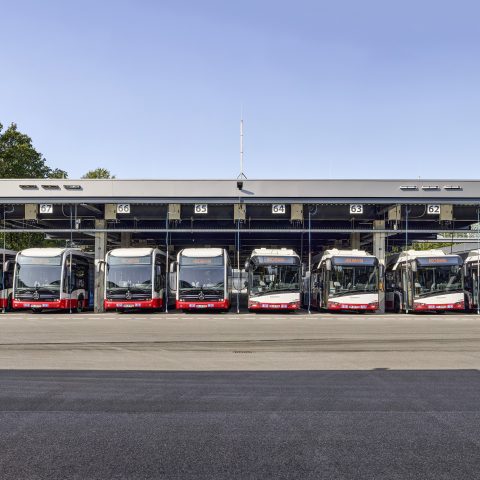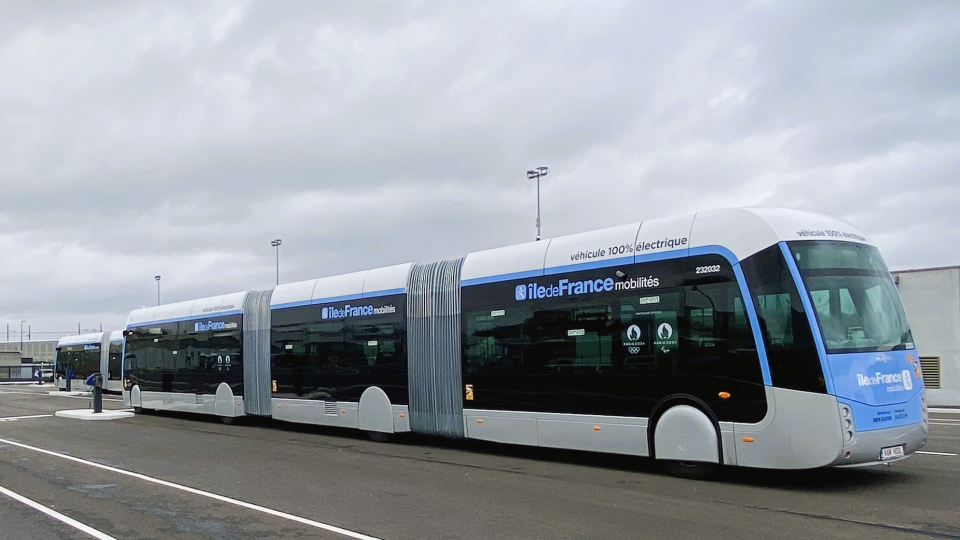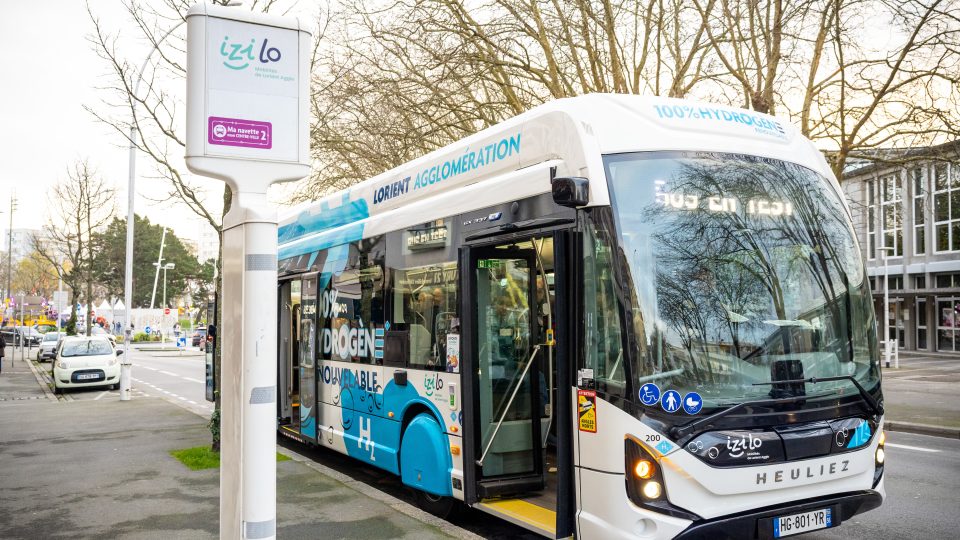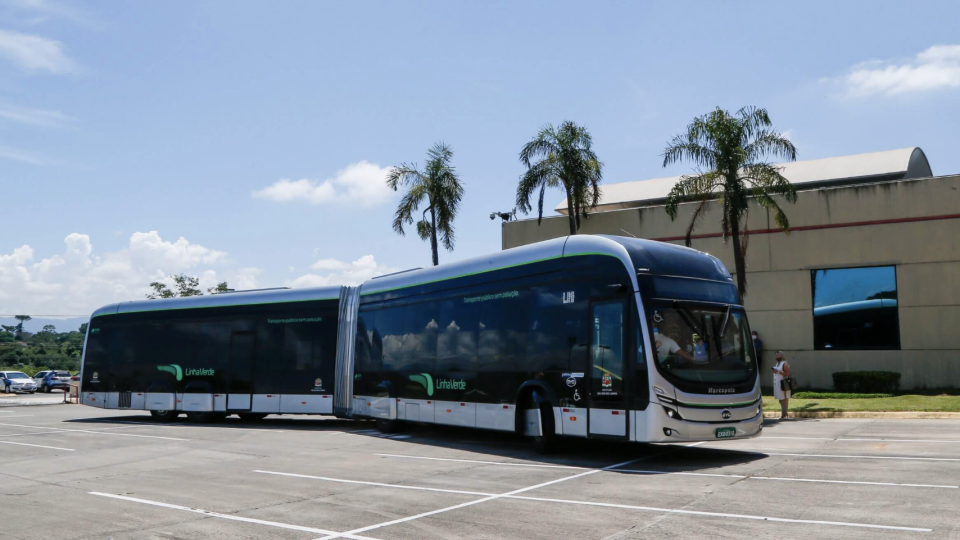53 million awarded by German government to 13 bus companies and districts to buy 186 e-buses
The German Federal Ministry for Digital and Transport Affairs (BMDV) announced it is investing a further 53.4 million euros in the procurement of buses with climate-friendly drive systems and the associated infrastructure. Parliamentary State Secretary Daniela Kluckert today presented funding certificates to 11 bus companies and 2 districts from all over Germany. Now, according to […]

The German Federal Ministry for Digital and Transport Affairs (BMDV) announced it is investing a further 53.4 million euros in the procurement of buses with climate-friendly drive systems and the associated infrastructure.
Parliamentary State Secretary Daniela Kluckert today presented funding certificates to 11 bus companies and 2 districts from all over Germany. Now, according to latest statements from the government, no more round of financing will be issued.
Funding for e-buses in Germany on the latest Sustainable Bus magazine
The topic of incentives for e-bus transition in Germany and their dismission is the topic of a contribution by Maximilian Rohs and Felix Krewerth (PwC Germany) just published on Sustainable Bus magazine February 2024, out today. Their incipit reads: “The Federal Ministry for Digital and Transport (Bundesministerium für Digitales und Verkehr, or BMDV) recently extended its comprehensive funding programme for zero-emissions buses, but has now had to cancel this programme following the high-profile ruling by the Federal Constitutional Court on 15 November 2023 concerning the German Federal Government’s Climate and Transformation Fund (Klima- und Transfomationsfonds, or KTF). The Federal Government had financed the KTF by transferring €60 billion of borrowing – authorised during the Covid-19 pandemic – into a Federal Special Fund for use over subsequent financial years, an action which the court declared unconstitutional. With this source of funding now having dried up, does this mean that operators in Germany will have to reconsider their plans for electric bus fleets?“.
Click HERE and reach page 24 for the complete article!
186 e-buses on the road
This last funding commitments will put a further 186 new climate-friendly buses on the road. In total, around 4,000 buses and more than 140 feasibility studies are currently being funded under the directive – supporting more than 250 transport companies and public transport authorities in switching to climate-friendly public transport, BMDV says.
Germany placed second in Europe in 2023 for number of BEV bus’ registrations, behind UK (it’s therefore the first country in EU). E-bus registrations in Germany grew +29 last year. Looking at the complete German bus&coach market, a total of 5,493 new buses and coaches (over 3.5 tons) were newly registered in Germany from January to December, compared to 4,883 in 2022. However, 2021 data were much higher: 6,474 new buses and coaches were registered in that year.
German Federal Ministry of Transport had handed over today funding certificates for 59 transport companies (and around 1,033 electric buses) at VDV e-bus conference ElekBu 2023. From 2021 until 2023, there had been two so-called “calls” issued by the Federal ministry. They were part of German government’s project to fund electric buses with 1.25 billion euros until 2024. In the first call, around 5,000 buses were applied for, with 3,174 buses (around 63 per cent) effectively funded, VDV stated. In the second call, about 3,700 applications were received: between 1,200 to 1,400 buses were funded, i.e. around 32 percent.
Daniela Kluckert, Parliamentary State Secretary to the Federal Minister for Digital and Transport Affairs, states: “Switching to alternative drive systems is an enormous challenge for bus companies. I am therefore delighted that we are able to provide financial support to 13 more companies and districts today to help them switch to clean buses. In doing so, they are ensuring that public transport gets people to their destinations in a more climate-friendly, less polluting and quieter way”









